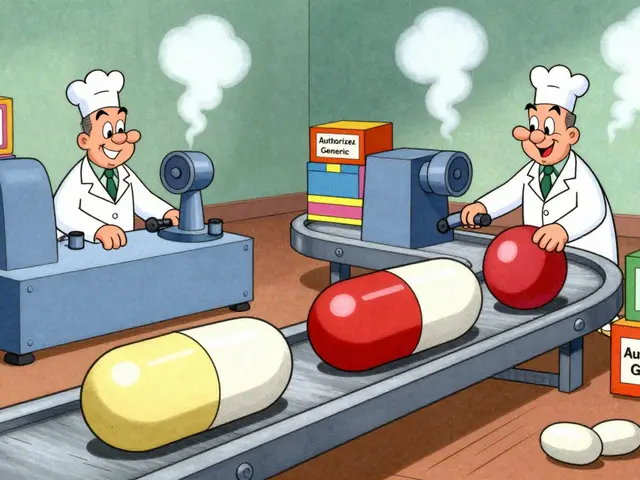Happiness: Simple Health Tips to Lift Your Mood
If you’ve ever wondered why some days feel great while others drag, the answer often lies in tiny everyday choices. You don’t need a miracle cure—just a handful of habits that keep your body and mind on the same page. Below are practical steps you can start using right now to feel happier without overcomplicating things.
Everyday habits that raise your spirits
First, get moving. Even a short walk around the block releases chemicals called endorphins, which act like natural mood elevators. You don’t have to run marathons; a 10‑minute stroll after lunch can make a noticeable difference.
Second, watch what you eat. Foods rich in omega‑3 fatty acids—like salmon, walnuts, and flaxseeds—support brain health and help smooth out mood swings. Pair those with colorful vegetables for vitamins that keep energy steady throughout the day.
Third, protect your sleep schedule. Aim for 7 to 9 hours of consistent rest. When you go to bed at the same time each night, your body’s internal clock stabilizes, and you wake up feeling refreshed rather than groggy.
Fourth, stay socially connected. A quick call to a friend or a brief chat with a coworker can break feelings of isolation. Human interaction triggers oxytocin, another feel‑good hormone that boosts optimism.
How medication choices affect happiness
When you’re on prescription meds, it’s worth checking how they play into your overall mood. Some drugs, like certain antidepressants, are designed to lift spirits directly. Others, such as corticosteroids or high‑dose antihistamines, may cause irritability or anxiety as side effects.
If you notice a shift in mood after starting a new medication, talk to your doctor. Adjusting the dose or switching to an alternative can often solve the problem without sacrificing treatment benefits.
Also, never skip a prescribed course just because you feel better temporarily. Stopping early can lead to rebound symptoms that knock your happiness back down. Follow the plan and discuss any concerns with a healthcare professional before making changes.
Lastly, consider supplements carefully. Vitamin D, B‑complex, and magnesium have been linked to mood improvement in people who are deficient. A simple blood test can tell you if you need extra support, but always get guidance from a pharmacist or doctor first.
Putting these pieces together—movement, nutrition, sleep, social contact, and mindful medication use—creates a solid foundation for everyday happiness. You don’t have to overhaul your life; just add a few small, consistent actions and watch how your mood steadies.
Remember, happiness isn’t a distant destination; it’s built from the choices you make each day. Start with one habit today, see how it feels, then layer on another. Before long, you’ll notice a brighter outlook without any fancy tricks.




